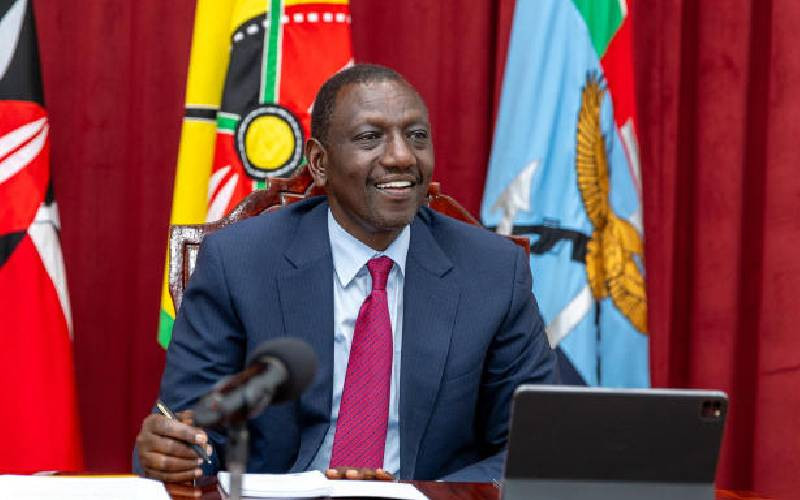×
The Standard e-Paper
Kenya’s Boldest Voice

Despite his pretensions of coming from a hustler background and being an underdog who nevertheless made it, President William Ruto is actually a dynasty by association.
He wasn't born into wealth or fame, but fate and luck made him dine with the Kings and end up as one so to speak.